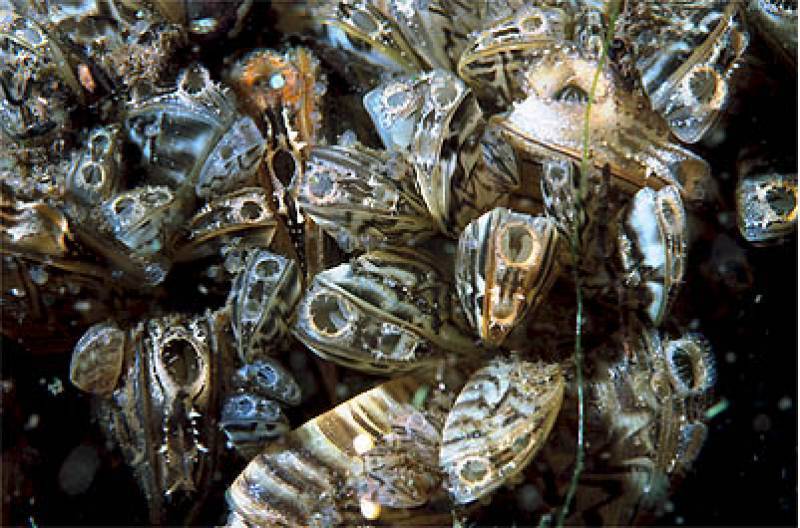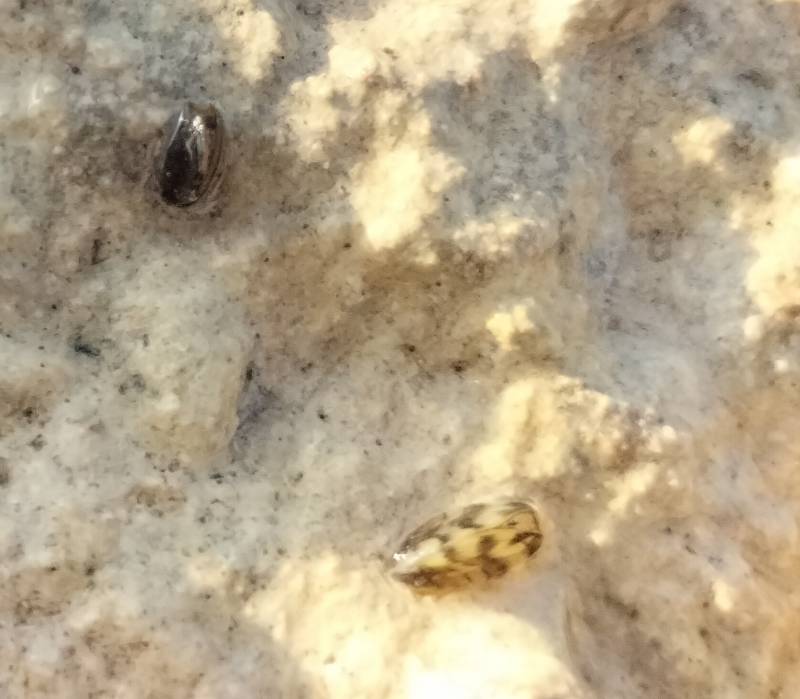article_detail
Date Published: 14/03/2023
ARCHIVED - Harmful and highly invasive zebra mussel found in Crevillente reservoir, Alicante
The species detected in the Vega Baja region of Alicante is associated with "significant ecological and economic damage"

An adult zebra mussel, considered to a be one of the most harmful invasive species in the world, has been discovered in Crevillente reservoir by the Segura Hydrographic Confederation (CHS).
The body that manages, regulates and maintains the water and irrigation in the region came across the specimen while carrying out routine water quality analysis, and has confirmed its the third mussel of this kind detected in the region in the last 12 months.
Individual fresh water zebra mussels were found in the Talave and the Camarilladam reservoirs located in the Mundo riverbed in the neighbouring province of Albacete in May 2022.
These damaging mussels were also detected in several Murcia reservoirs last year.
Since last May, when the first specimen was found, the CHS has adopted different management measures and at the end of 2022, approved the 'Plan de Choque contra el Mejillón Cebra 2022/2023' which can be viewed on the organisation's website.
 "The CHS is asking users of the affected reservoirs (Talave, Camarillas, Cenajo and Crevillente) for their maximum collaboration, paying special attention to cleaning and drying any material that comes into contact with the water so as not to become unintentional spreaders, such as fishing equipment, boats, engines or buckets," appealed the organisation.
"The CHS is asking users of the affected reservoirs (Talave, Camarillas, Cenajo and Crevillente) for their maximum collaboration, paying special attention to cleaning and drying any material that comes into contact with the water so as not to become unintentional spreaders, such as fishing equipment, boats, engines or buckets," appealed the organisation.A cleaning protocol can be found on the above website, but in general, water should not be carried from one reservoir to another (in buckets, boats, motors...) and all materials should be cleaned with a disinfectant solution and left to dry in the air.
The zebra mussel (Dreissena polymorpha) is considered one of the most harmful invasive alien species in the world according to the International Union for Conservation of Nature (IUCN).
The species originates from the lakes of southern Russia and Ukraine, but has been "accidentally" introduced to numerous other areas and has become an invasive species in many countries worldwide.
The main danger it poses on the ecosystem and economic resources are due to its high growth capacity, forming colonies and aggregates that even clog pipes and pipelines.
As it consumes a great deal of phytoplankton, it increases water clarity, altering water conditions and displacing other autochthonous species. It can also negatively affect tourism and other recreational activities such as sport fishing and sailing, as it almost completely covers the slopes or banks of bodies of water.
Image 1: Archive
Image 2: CHS
Loading
See more environmental news about Spain:
OR
Sign up for the Spanish News Today Editors Roundup Weekly Bulletin to get a comprehensive email with all the week’s news for Spain, Murcia, Alicante and Andalucía.
Get a sneak peek – here are a few of our recent Subscription Bulletins:
25% Discount Special Offer subscription:
36.95€ for 48 Editor’s Weekly News Roundup bulletins!
Please CLICK THE BUTTON to subscribe.
Contact Spanish News Today: Editorial 966 260 896 /
Office 968 018 268


































